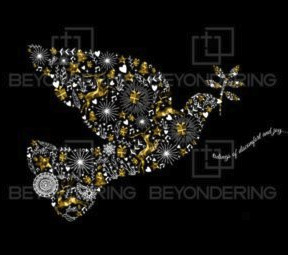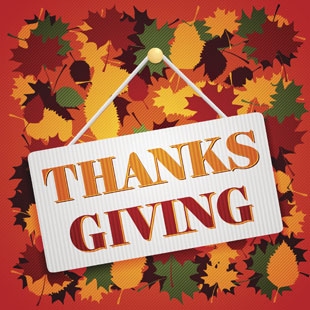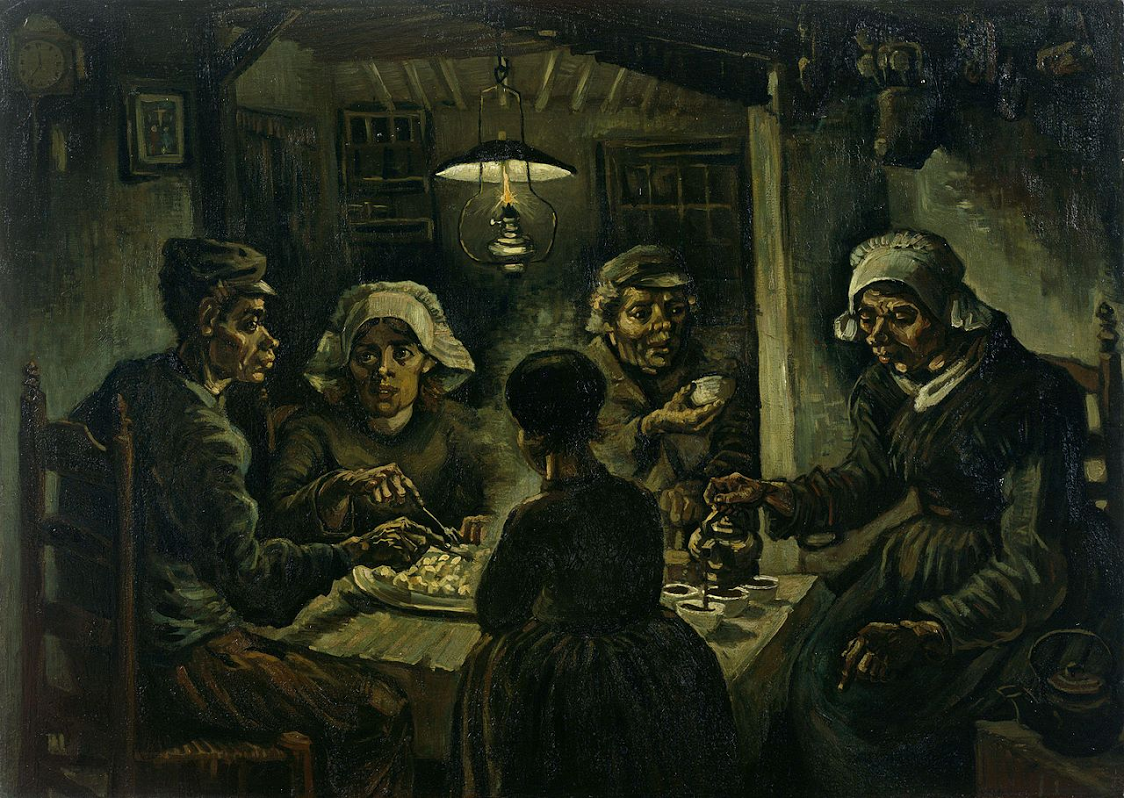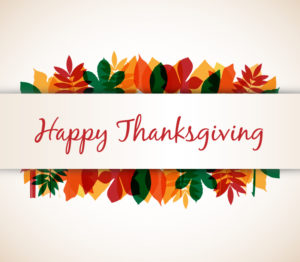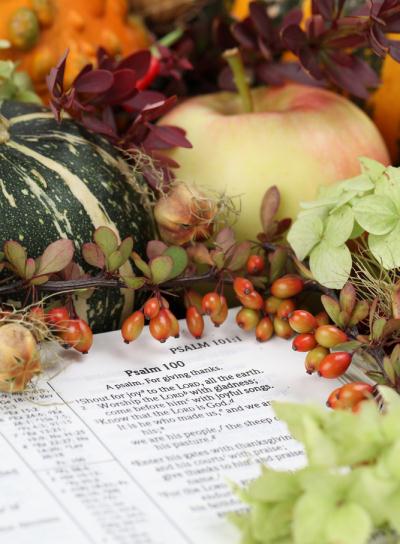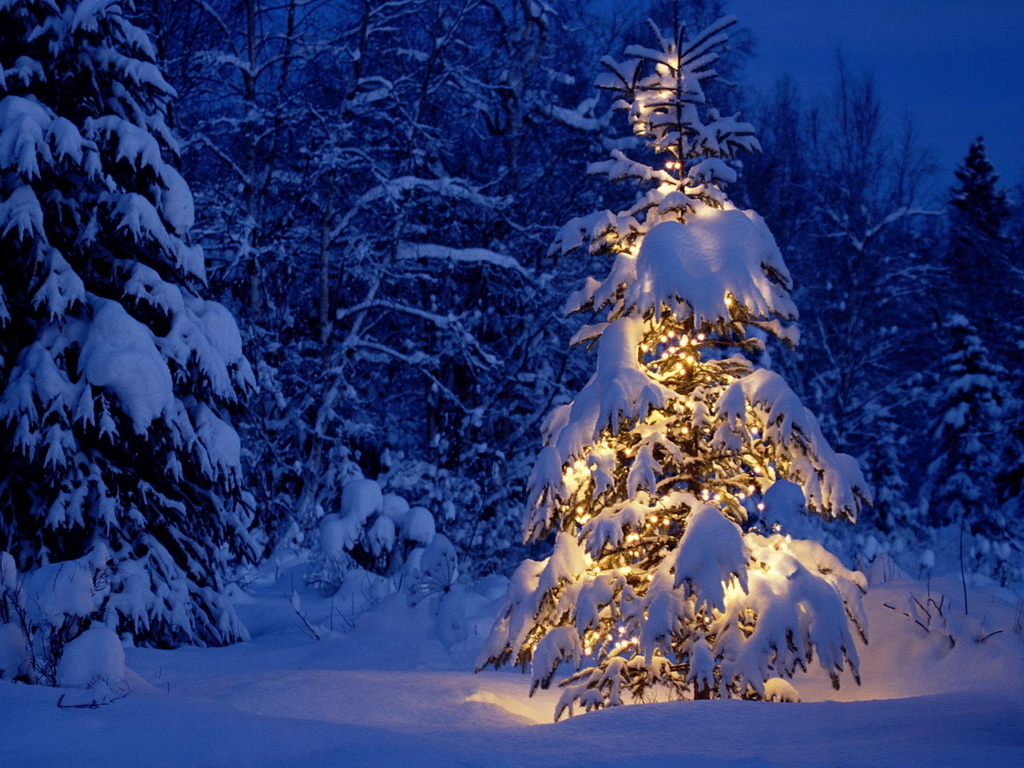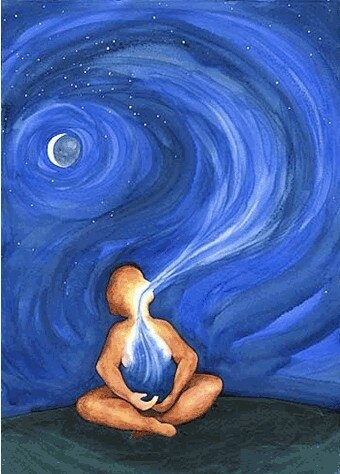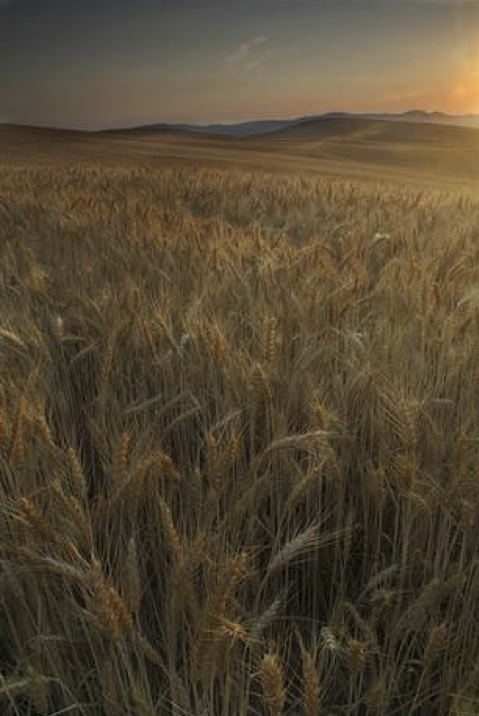Why not at least integrate working on gratitude as our routine attitude during “the season” this and each year —and continue our practice into each new day of the fresh year?
The battle for the soul of America rages on, now focusing on Thanksgiving. On the one hand are those who offer the image of peace and harmony between Europeans and Indigenous people, on the other those who remind us of the savagery of the Europeans as they sought to exterminate the inhabitants of the land. Which is it?
Thanksgiving is a holiday filled not only with the joy of sharing, but also with contradiction and irony.
It was our Indigenous compassion for the suffering of other human beings that led to what is today called Thanksgiving Day. After a brief interlude of 54 years of peace with the Pilgrims, the rest of the 500-year colonization process of the Indigenous peoples across the Americas included physical and cultural genocide, and were vicious, cruel, violent, and deliberately carried out to “kill the Indian and save the child.” This phrase refers to the process of completely assimilating Indigenous children so that no trace of the “Indian” was left. This was the purpose of the “Indian” boarding schools in both Canada and the United States.
A new way to experience the holidays..together.
Is it that time of year already? Thanksgiving is on the horizon, and Christmas is coming...how are you feeling? Overwhelmed? Resolute? Confused? Curious?
A gratitude practice for every day from Nov. 1 to Thanksgiving.
The Christian writer G. K. Chesterton had the right idea when he said we need to get in the habit of "taking things with gratitude and not taking things for granted." Gratitude puts everything in a fresh perspective; it enables us to see the many blessings all around us. And the more ways we find to give thanks, the more things we find to be grateful for. Giving thanks takes practice, however. We get better at it over time. Gratitude is one of the key markers of the spiritual life we include in the Alphabet of Spiritual Literacy. It is essential if we are to read the sacred significance of our daily lives.
A Reflection of Gratitude and Inclusion
A Reflection of Gratitude and Inclusion The alternative interpretation, of Eucharist as a Sacred Meal, takes all the meals which Jesus shared with
It might sound strange, but Muppets are necessary for me at this time in my life, because they remind me there is hope. You see, there are places in my mind and heart – doorways really – full of such sorrow that I do not want to enter. Yet these doors get blown open over and over again with each trauma, whether it is personal, national or global. Our relentless erosion of life, in all its forms, such as in Aleppo, Standing Rock, our President-elect, my own wounds – all point to this wearing away of life, and right now wearing away my ability to be hopeful.
Part 1 of 2-Part Article
he Thanksgiving holiday in America is a national observance that has been traditionally framed in a religious context. Whether you like roast turkey or not, one is expected to be thankful for it, and express one’s gratitude to the “Giver” of all good gifts. For those of us who have enough, or more than enough, it’s all sufficiently palatable; if not theologically problematic to sing the old standard hymn in the face of arms-length hunger and poverty.
***“Get woke” and “Stay woke” refers to being aware of what’s going on around you in regards to racism and social injustice issues. “Woke” is the past tense of “wake,” and it refers to waking up to what's going on around us.
A Thanksgiving Reflection in the Midst of a Terrorized World
Like many others, the Thanksgiving holiday is another reason I love the autumn season. The occasion gives us the allocation of a few fleeting moments to pause and express appreciation for whatever we have, but only for the time being. In a world either terrorized or abused by those who have little regard for it, it has become downright dangerous and nearly complicit, to encourage the illusory notion of any sweet by-and-by; expecially for those who can’t seem to wait for it. If there is to be any knockin’ on heaven’s door, the place is always here, and the time is always now. Since none of us can imagine with any certainty whatsoever that unknown reality from whence we have all come, all we can really know is what is. And, considering all those most authentic, very earthy and non-religious parables Jesus used to try to describe a “reign of God” – or, if you prefer, “kingdom of heaven” – they all seemed to be very much of this earth, and the stuff of daily life. I do not believe in any afterlife of my own. And I’m done with any notion of a heaven that is anywhere else than on the face of this earth; with whatever we make of it, and for the time being. The poet, Robert Browning, once wrote, “Ah, but a man’s reach should exceed his grasp, or what’s a heaven for?” The painfully obvious fact that we have so utterly failed to grasp such a paradise, does not yet mean we should hold back our reach of it.
... it helps us to remember and respect the struggles that not only this nation’s foremothers and forefathers endured, but it also helps us to remember and respect the present-day struggle Syrian refugees face as well as the ongoing struggle our Native American brothers and sisters face everyday - and particularly on Thanksgiving Day.
This past year, at my congregation on Cape Cod, we began to celebrate the seasons of the year as part of our affirmation
Most Christians, however, have a different take on the monistic approach, and believe that a divine presence inheres in all that is. God is. And God is everywhere, although hidden except to the eyes of faith. As progressive Christians, this is where we must take our stand. The sacred and the secular co-inhere. The one is in the other. With this as our basis, the questions now become: what language do we use? to whom are we speaking? do we speak directly of God? Let’s assume that we are at a ceremony of some sort, perhaps a wedding, a Thanksgiving dinner, a Christmas day gathering, a funeral. Let us also suppose that the crowd is mixed: some Christians, some Jews, some secularists. Is there a language that not only will not alienate anyone but will also communicate to them the depth of the moment? I believe there is.
A Commentary for Thanksgiving in an Age of Anxiety
American retailers have essentially pre-announced that the annual Thanksgiving observance -- when we presumably pause to gratefully remember everything we have -- has been cancelled so bargain shoppers can get an even earlier jump-start on their holiday shopping for all the things we don’t have yet. Meanwhile, halfway around the world a typhoon of record proportion hit landfall only a few weeks ago; nearly wiping an island nation off the face of the earth, and leaving those who survived with virtually nothing. Then last week an unseasonable swarm of twisters flattened whole towns across the Midwest. By comparison, it all makes the plight of those first pilgrims facing the harsh realities of their first Thanksgiving in a brave new world look like a walk in the park. And, all the while, the airwaves and media have been filled with docu-dramas and documentaries commemorating the half-century mark of those events that shattered an age of relative innocence for those of us old enough to remember it; ushering in an age of extraordinary upheaval and anxiety, starting with what social critics and historians alike attribute to the assassination of JFK. Juxtaposed and taken together, these events represent a seeming un-reality that hasn’t really abated much in the last fifty years. We live in an age of anxiety. Jesus masterfully taught in the philosophical tradition known as Jewish cynicism, with such parabolic tales and quaint-sounding imagery as the “lilies of the field.” And he did so at a time and age that – while seemingly ancient to our modern way of thinking – may not have been all that different from our own anxious age. Consider then our fretful, misbegotten ways, and the wild lilies of the fields.

